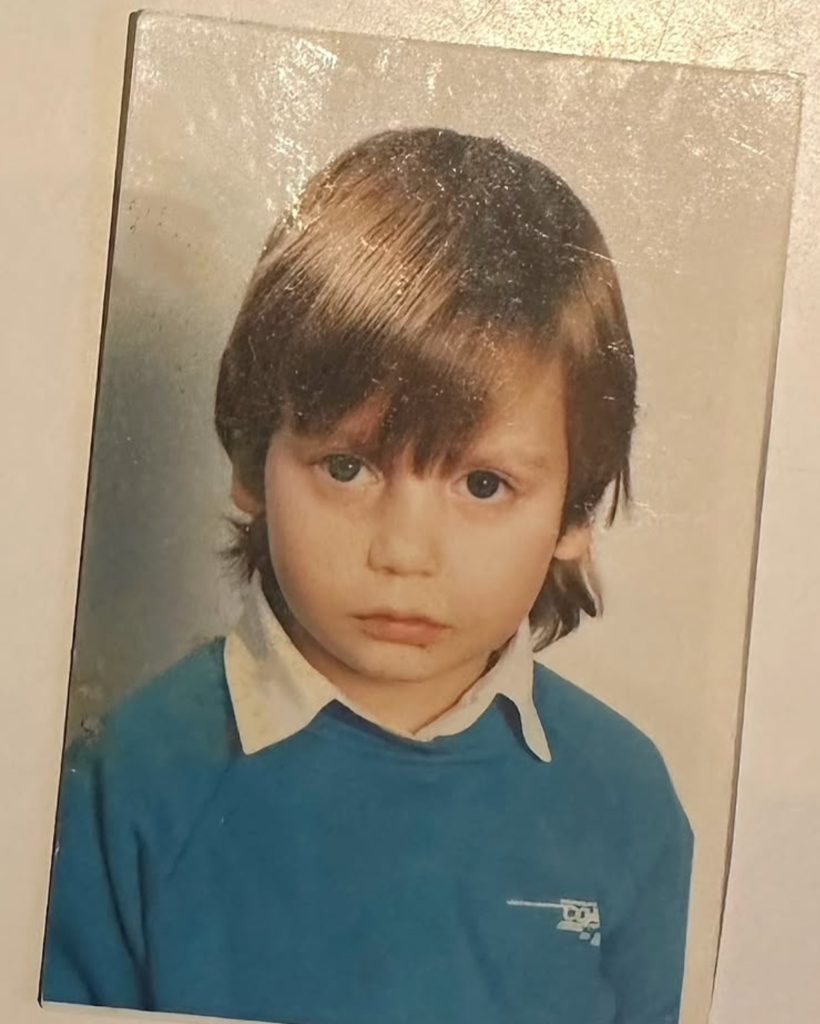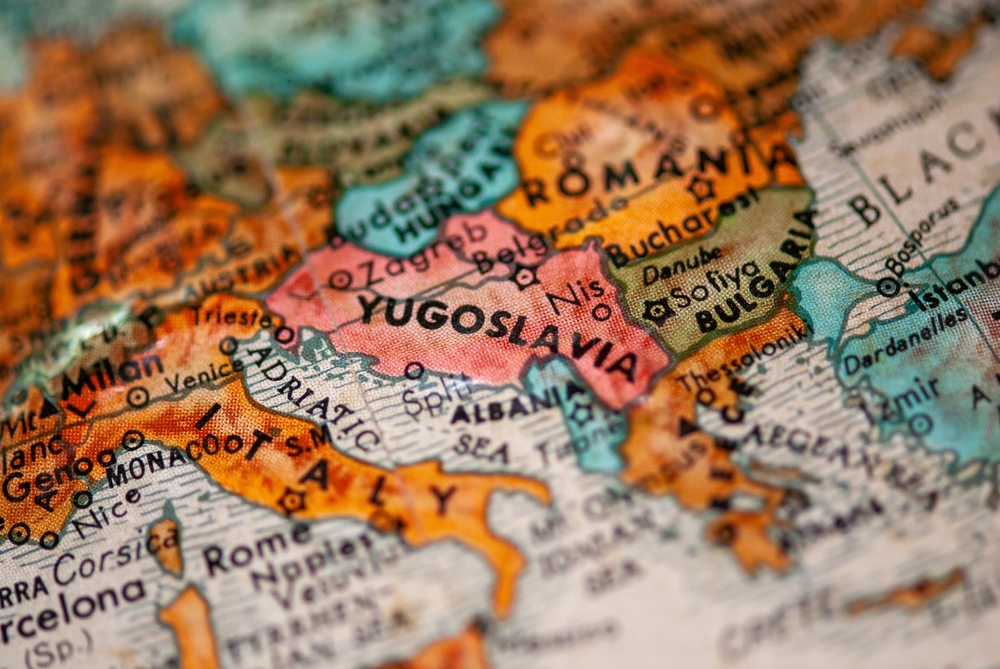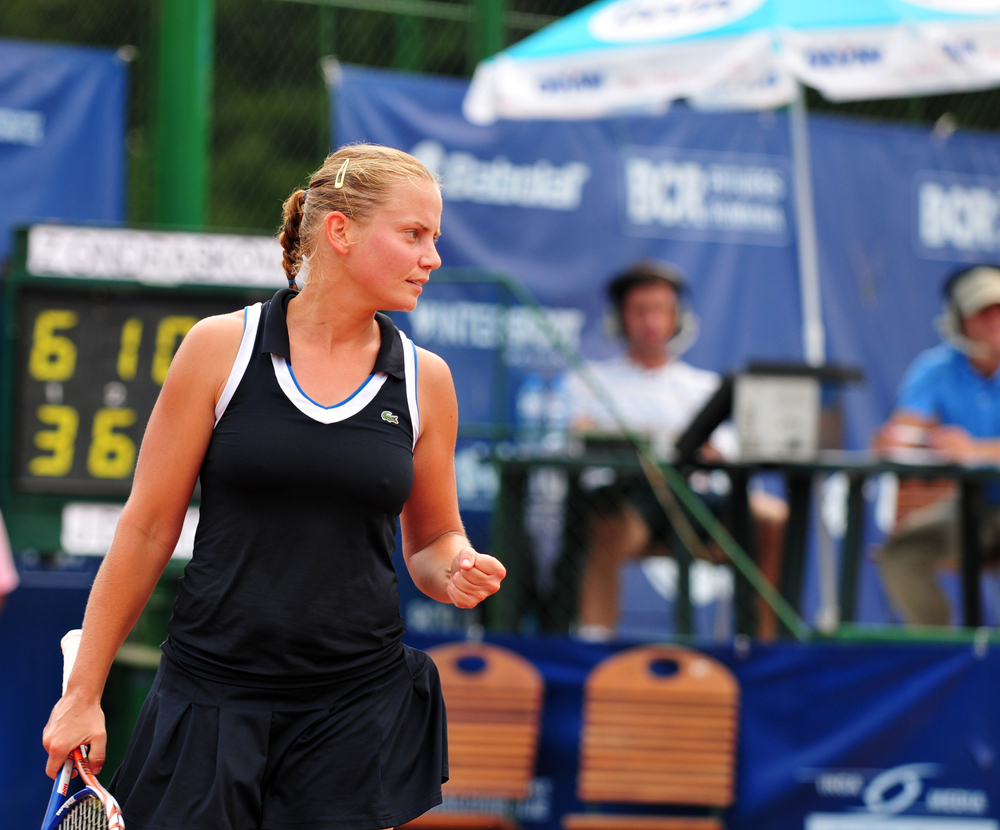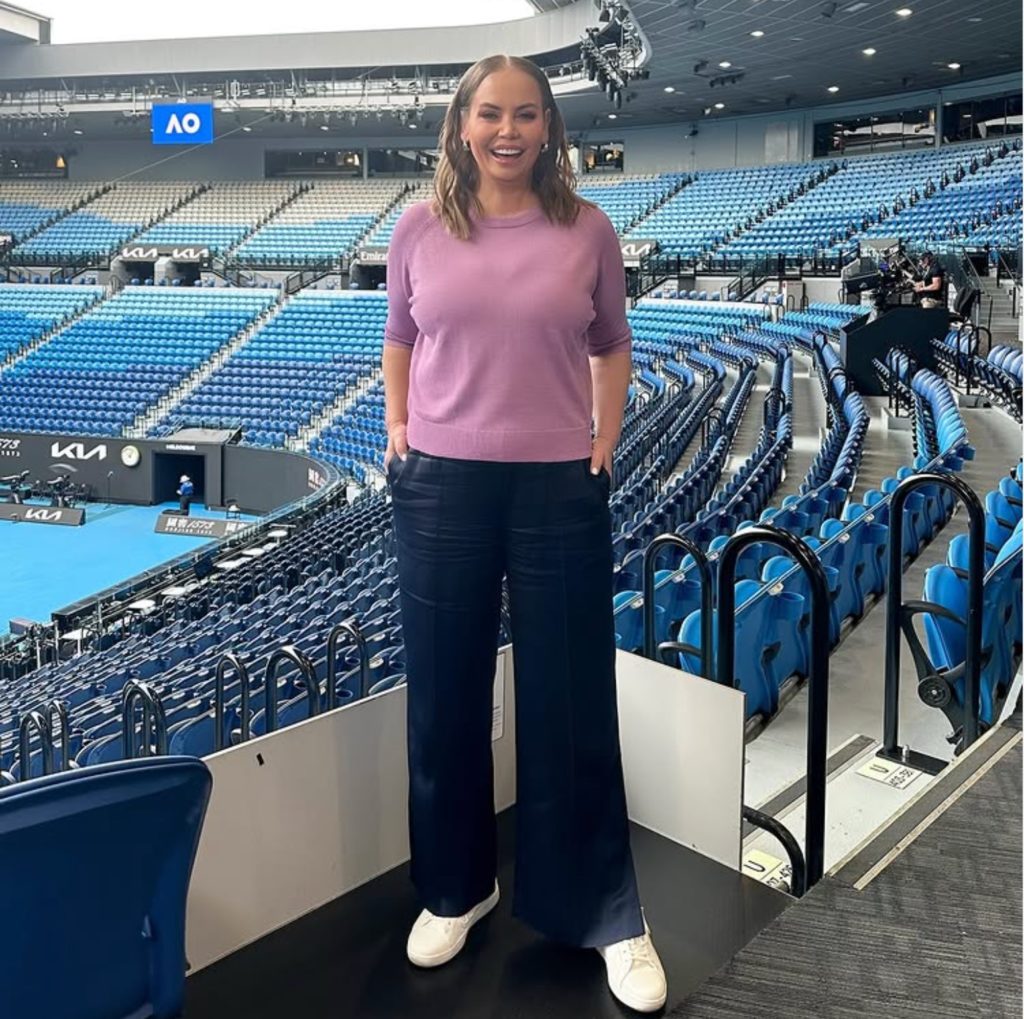Jelena Dokic’s story is one of resilience, survival, and ultimately, freedom. A tennis prodigy from a young age, she stunned the world with her talent, but behind closed doors, she was trapped in an abusive nightmare. Her father, Damir Dokic, controlled every aspect of her life, using violence and fear to push her toward success. Now, years after breaking free, Jelena is using her voice to help others by sharing her painful past. Her journey from a young girl living in fear to a powerful advocate for survivors is nothing short of extraordinary.
A Childhood Ruled by Fear

From the moment Jelena picked up a tennis racket, her father saw dollar signs. Tennis wasn’t just a sport—it was a way out of poverty, and Jelena was expected to carry that burden. What started as a dream quickly turned into a nightmare. Damir’s violent outbursts became routine, with Jelena suffering brutal beatings for losses on the court. The abuse escalated to the point where she was left unconscious after a match defeat, her head slammed against a bathroom wall. But the bruises weren’t just physical. Damir’s words cut just as deep, calling her “a cow” and “a disappointment.” Each morning, she woke up strategizing how to avoid his wrath, knowing that nothing she did would ever be enough.
The Pressure to Perform

As Jelena’s talent blossomed, so did the expectations. When she moved to Australia as a refugee at 11, she quickly made a name for herself in the tennis world. At just 16, she pulled off one of the biggest upsets in history, defeating world No. 1 Martina Hingis at Wimbledon. But behind the triumph was terror. With every victory, Damir drank more, his behavior growing more erratic. Losing was not an option, not because of her own drive, but because she feared the consequences at home. Even after making it to the Wimbledon semi-finals in 2000, she found herself abandoned by her family, left to fend for herself in the players’ lounge until a cleaner helped her find a place to stay. The brighter her star shone, the darker her home life became.
A Forced Betrayal

In 2001, just before a high-stakes Australian Open match, Damir made a shocking decision—he forced Jelena to switch allegiances from Australia to Yugoslavia. Australia had embraced her, and she had loved representing the country, but at just 17, she had no say. The moment she stepped onto the court, the crowd’s cheers turned to boos, a reaction that cut her deeply. She felt alone, resented for a decision she never made. Her father had stolen her voice, making her the villain in the eyes of the public. For years, the pain of that moment haunted her, a reminder of the control he held over every aspect of her life.
Read More: 6 Everyday Phrases That Can Subtly Cross the Line Into Abuse
Breaking Free, But Not Breaking Free

At 19, Jelena made the hardest and bravest decision of her life—she escaped. Leaving in the dead of night, she cut ties with her father and the abuse that had defined her childhood. But freedom didn’t mean healing. Years of trauma followed her into adulthood, manifesting as depression, PTSD, and disordered eating. She fought suicidal thoughts, struggling to find meaning outside of the game that had brought her both success and suffering. Even from afar, Damir tried to control her, making threats and refusing to let go. The emotional scars ran deeper than the physical ones, and rebuilding herself was a battle she never anticipated.
Reclaiming Her Life

Jelena Dokic eventually returned to tennis, but after years of battling injuries and emotional wounds, she retired in 2014. Instead of walking away from her past, she faced it head-on. Writing her memoir Unbreakable allowed her to tell her story on her own terms, no longer silenced by fear. She became an advocate for mental health and domestic violence survivors, using her pain to help others heal. Now a motivational speaker and commentator, she is redefining success—not by trophies, but by the lives she’s impacting. Her focus is no longer just on winning matches, but on saving lives.
Read More: 12 Things You May Do as an Adult If You Experienced Emotional Abuse as a Child
A Legacy Beyond Tennis

Jelena Dokic’s story is no longer just about tennis—it’s about survival, resilience, and hope. She refuses to let her past define her, choosing instead to use it as a platform for change. While her father once dictated her life, she now controls her own narrative. Her journey is a testament to the power of perseverance, proving that even the deepest wounds can lead to incredible strength. As she continues to share her story, she hopes her words will help others break free from their own darkness. “If I can save even one life,” she says, “that would be my greatest win.”
Final Thoughts: Breaking the Cycle of Emotional Abuse

Emotional abuse doesn’t always end when you walk away—it can linger for years, shaping the way you see yourself and the world around you. Survivors often struggle with self-doubt, anxiety, and patterns of unhealthy relationships long after the abuse itself has stopped. The cycle can continue if left unaddressed, making it crucial to recognize the signs early and seek help. Emotional abuse isn’t always obvious—it can come in the form of manipulation, gaslighting, controlling behavior, or constant criticism. If you feel like you’re always walking on eggshells, doubting your own worth, or trying to please someone who makes you feel small, you may be experiencing emotional abuse. Recognizing it is the first step toward breaking free.

